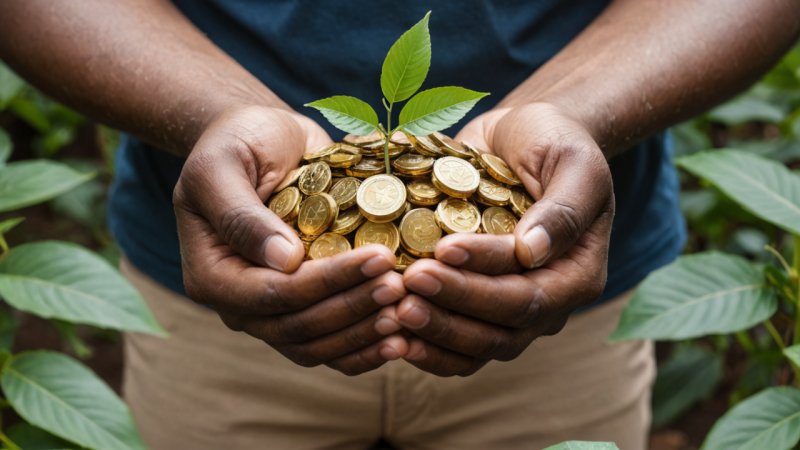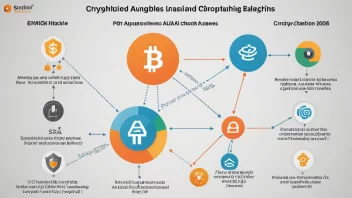Introduction
Blockchain technology has emerged as a revolutionary tool not only in the realm of cryptocurrencies but also in various sectors, including fair trade practices. By ensuring transparency, traceability, and security, blockchain can significantly enhance the integrity of fair trade systems. In this article, we will address some common questions regarding the use of blockchain in fair trade.
What is Blockchain?
Blockchain is a decentralized digital ledger that records transactions across multiple computers in a way that the recorded transactions cannot be altered retroactively. This technology is foundational to cryptocurrencies like Bitcoin but has applications that extend far beyond financial transactions.
How does Blockchain support Fair Trade?
Blockchain supports fair trade by providing a transparent and immutable record of transactions. This ensures that all parties involved, from producers to consumers, can verify the authenticity of products and the fairness of trade practices.
What are the benefits of using Blockchain in Fair Trade?
- Transparency: Every transaction is recorded in a public ledger, making it easy for consumers to trace the origin of products.
- Security: The decentralized nature of blockchain protects against fraud and unauthorized changes.
- Efficiency: Smart contracts automate processes, reducing the need for intermediaries and streamlining transactions.
- Accountability: Participants can be held accountable for their actions, as all transactions are recorded and visible.
Can Blockchain prevent exploitation in Fair Trade?
Yes, blockchain can help to prevent exploitation by providing a transparent supply chain. By allowing consumers to see exactly where their products come from and how they were produced, blockchain discourages unethical practices and encourages compliance with fair trade standards.
Are there any successful case studies of Blockchain in Fair Trade?
Several organizations are already leveraging blockchain in their fair trade initiatives. For instance, the Provenance platform uses blockchain to trace the supply chain of products, ensuring their ethical sourcing. Similarly, Everledger has utilized blockchain to track the provenance of diamonds, ensuring that they are conflict-free and ethically sourced.
What challenges does Blockchain face in Fair Trade?
- Scalability: As the number of transactions increases, maintaining the speed and efficiency of the blockchain can be challenging.
- Adoption: Many stakeholders in the fair trade system may be hesitant to adopt new technologies due to lack of understanding or resources.
- Regulatory issues: The legal landscape surrounding blockchain is still evolving, which can complicate implementation.
What is the future of Blockchain in Fair Trade?
The future of blockchain in fair trade looks promising. As more organizations recognize the benefits of transparency and traceability, we can expect wider adoption of blockchain technology. Additionally, advances in technology may address current challenges, making blockchain an integral part of fair trade practices worldwide.
Conclusion
Blockchain technology holds significant potential in enhancing fair trade practices by promoting transparency, security, and accountability. While challenges remain, ongoing developments in this field could lead to a more equitable trading system that benefits producers and consumers alike.






